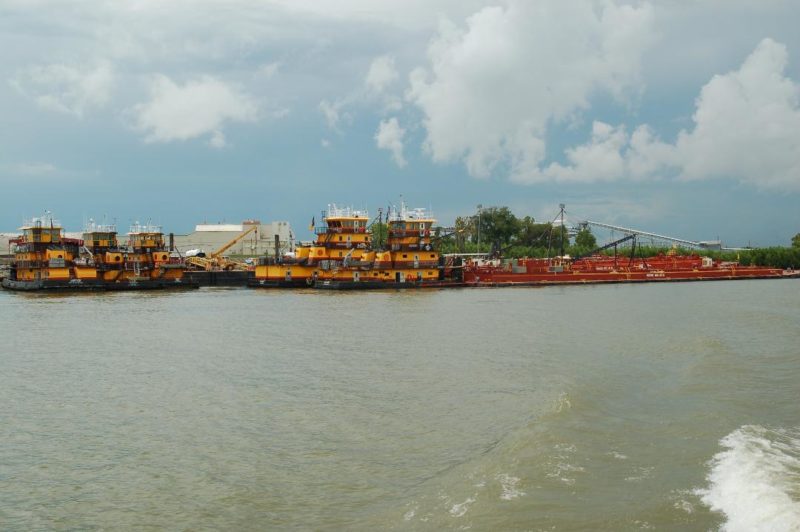Few people can disagree with the fact that making a living on a workboat can be physically hard. Long hours, sore muscles and getting dirty all come with the job, at least until you move into the wheelhouse.
Early this year, Seaman’s Church Institute (SCI) hosted a roundtable discussion on mariners’ mental health at the International Seafarers’ Center in Port Newark, N.J. The discussions focused on both bluewater ships and brownwater vessels and their crews. Topics at the SCI roundtable included suicide prevention, medical certificates and a reluctance to report problems for fear of losing one’s job.
Like everyone else at any job, problems at home can create stress at work. A child is sick, a spouse’s car is making a funny noise, the pump to your underground water system is overheating and shutting off. Most people get off work later in the day and can start trying to fix the problems. But if you’re on the boat, six or 600 miles away, it doesn’t matter. You’re not getting off the boat for another six days. This only increases the frustration and promotes a feeling of helplessness because you can’t physically be there.
While physical, chemical and biological dangers are fairly easy to identify, psycho-social dangers are much less tangible. Those include low job control, high job demand, bullying or mental, physical or sexual abuse by supervisors or co-workers, sleep disruption/shift work and isolation, according to Dr. Rafael Lefkowitz, an assistant professor of occupational and environmental medicine at the Yale School of Medicine and a participant in the SCI roundtable discussions.
Lefkowitz and Dawn Null, an assistant professor of nutrition and dietetics at Southern Illinois University, are collaborating on a study to learn more about mariners’ health.
“We finished the pilot study, which included surveys filled out by 55 mariners, mostly brownwater — 54 men and one woman,” said Null. “We’re now involved in a revised study (about 300) in places like New York, Paducah (Ky.) and Houston. Thanks to Seamen’s Church. We’re hoping to finish surveying in January or February with results to share around May.”
Null said she could not share any specific results they have so far but that some of the major questions pertain to physical activity or lack thereof, stress, sleep patterns, and alcohol use when not on the boat. “We’ve had really good success so far,” said Null. “Those filling out the surveys have been very cooperative.”
It’s time to look deeper into the mental hardships that mariners face and see what can be done about them.




